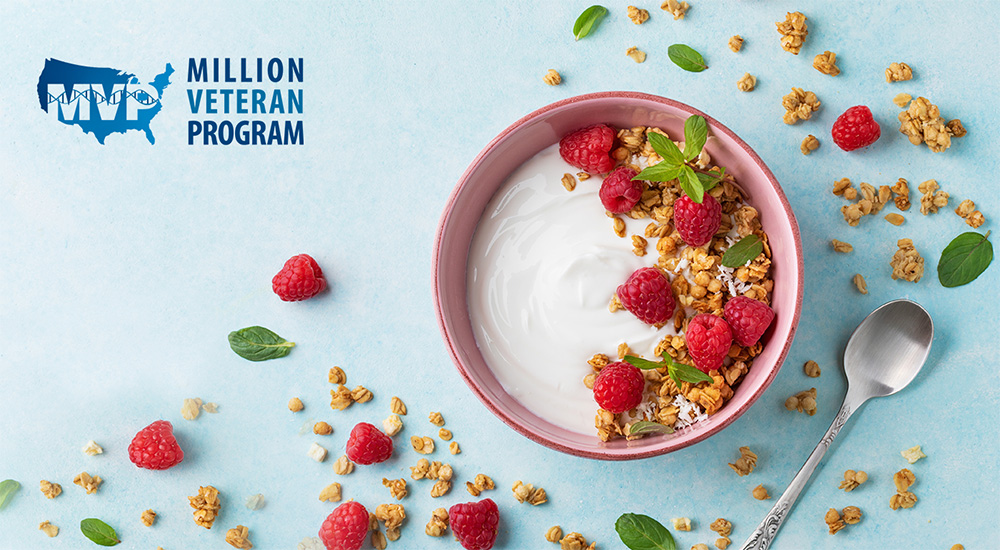Table of Contents
Hypertension (high blood pressure) means that blood flows through your arteries at higher-than-normal pressure. If left untreated, hypertension can cause complications such as heart disease, heart attack, and stroke.
Hypertension affects nearly half of adults in the United States. An estimated 47% of Americans have systolic blood pressure greater than 130 mmHg or diastolic blood pressure greater than 80 mmHg, or are taking medication for hypertension.
What Is Blood Pressure?
Systolic pressure: The pressure when the ventricles pump blood out of the heart
Diastolic pressure: The pressure between heartbeats when the heart is filling with blood
Hypertension is typically treated with heart-healthy lifestyle changes such as a healthy low-sodium diet and regular exercise. Medication to reduce blood pressure may also be needed.
Some people also use supplements and other natural remedies to help manage blood pressure. For instance, research suggests that certain teas, such as black tea and green tea, may help lower blood pressure.
This article will look at the science of how tea affects blood pressure, and how best to get the benefits.
Sarah Mason / Getty Images
What Are Catechins?
All tea comes from the Camellia sinensis plant. The level of leaf fermentation determines the type of tea:
- White: Unfermented young buds
- Green: Unfermented fully grown leaves
- Oolong: Partially fermented
- Black: Fully fermented
- Pu-erh: Aged and fully fermented
Herbal teas are not considered true teas, because they are made from plants other than the Camellia sinensis plant.
The leaves of Camellia sinensis contain polyphenols that belong to the catechin family. These catechins are:
- Epicatechin (EC)
- Epigallocatechin (EGC)
- Epicatechin gallate (ECG)
- Epigallocatechin-3-gallate (EGCG)
These catechins have antioxidant properties. Antioxidants fight free radicals (molecules that cause oxidation from chemical reactions in the body). This helps prevent or delay cell damage and protect against inflammation.
White and green tea contain a higher concentration of catechins than other tea varieties. That’s because the fermentation process used to make black or oolong tea causes the oxidization of catechins.
Benefits of Tea for Blood Pressure
The antioxidants found in tea have also been shown to relax blood vessels, which helps lower blood pressure. One meta-analysis showed regular green and black tea intake was associated with a 3.53 mmHg reduction in systolic blood pressure (SBP) and a 0.99 mmHg reduction in diastolic blood pressure (DBP).
A recent study built upon previous research that showed tea can help lower blood pressure. The researchers were looking for why tea has this effect on blood pressure.
The study found that two specific compounds affect a type of protein (called KCNQ5) found in the smooth muscle that lines blood vessels. Activating this protein causes the blood vessels to relax, creating better blood flow, which lowers blood pressure.
Tea also contains L-theanine, an amino acid that has been shown to lower blood pressure in people under stress, easing anxiety.
It’s worth noting that the ritual of brewing tea, then sitting and enjoying a cup, also has a relaxing effect that can reduce stress—another factor in lowering blood pressure.
Best Teas for Blood Pressure
An analysis showed that while results varied between studies, overall the research supported the blood pressure-lowering effects of tea.
Green Tea
A 2013 meta-analysis of 13 studies showed that, overall, green tea consumption significantly decreased SBP and DBP.
This analysis and the studies within them had some limitations, and the results should be viewed as promising rather than conclusive.
The National Center for Complementary and Integrative Health acknowledges that some research supports green tea’s positive effects on blood pressure, but notes that many of the studies are inconclusive and limited.
Green tea contains caffeine. When looking at labels, be aware that only added caffeine is required to be listed; the naturally occurring caffeine in the green tea may not be noted.
When consumed as a beverage, green tea is believed to be safe at up to eight cups per day.
Green tea should be avoided or consumed with care during pregnancy and breastfeeding. If consumed, limit it to six cups or less per day (no more than about 200 mg of caffeine).
Uncommonly, reports of liver damage have occurred with people who consumed green tea products, mostly in green tea extracts in pill form.
Black Tea
Similar to green tea, studies have shown black tea can lower blood pressure. It may also have other heart-protecting properties.
A Swedish study following the health of 74,961 women and men over 10.2 years suggested that consuming four or more cups of black tea per day is associated with a lower risk of stroke.
Black tea also contains caffeine. Limit consumption to eight or fewer cups a day of black tea to stay within a safe level of caffeine.
People who are pregnant or breastfeeding should consume less caffeine, in accordance with their healthcare provider’s recommendations.
What About Oolong?
The benefits of oolong tea on blood pressure have not been specifically studied. However, oolong tea contains the same antioxidants as black and green tea, so it’s likely that oolong has similar benefits. More research is needed to confirm its effect on blood pressure.
Hibiscus
While not a traditional tea, a meta-analysis of studies showed that beverages made with the tropical plant Hibiscus sabdariffa L. were effective in lowering both SBP and DBP. While promising, more studies are needed to confirm this finding.
Hibiscus tea is caffeine free. While generally considered safe, a 2013 study mentions the potential for liver damage at high doses.
Avoid drinking a Hibiscus sabdariffa beverage before taking acetaminophen (Tylenol), as the tea might increase how fast the body gets rid of acetaminophen. More information is needed to determine if this is considered more than a minor concern.
Diagnosis and Treatment
Diagnosis
A healthcare provider makes a diagnosis of hypertension by:
- Taking a medical history
- Confirming high blood pressure by taking two or more readings at separate medical appointments
- Performing blood tests (if necessary)
- Monitoring your blood pressure by having you wear a blood pressure monitor to record readings over 24 hours or showing you how to take blood pressure readings at home
Treatment
Treatments for hypertension include:
- Healthy lifestyle changes such as a low-sodium diet, exercise, and stress management
- Medication
A Word From Verywell
High blood pressure can be a frustrating diagnosis to deal with, but the condition is manageable with lifestyle changes, exercise, and medication. Research suggests that drinking tea may be a healthy habit worth adding to your lifestyle to help lower blood pressure. Just enjoy this beverage in moderation to avoid consuming too much caffeine.
https://www.verywellhealth.com/is-tea-actually-good-for-your-blood-pressure-5203365





